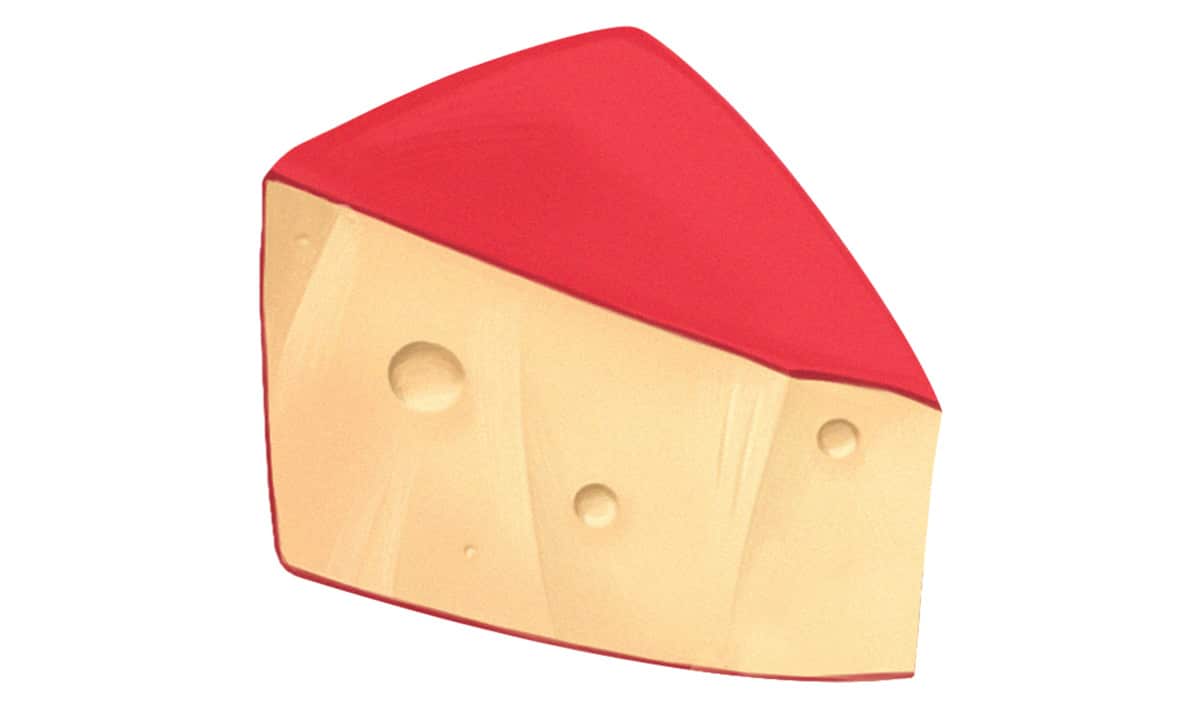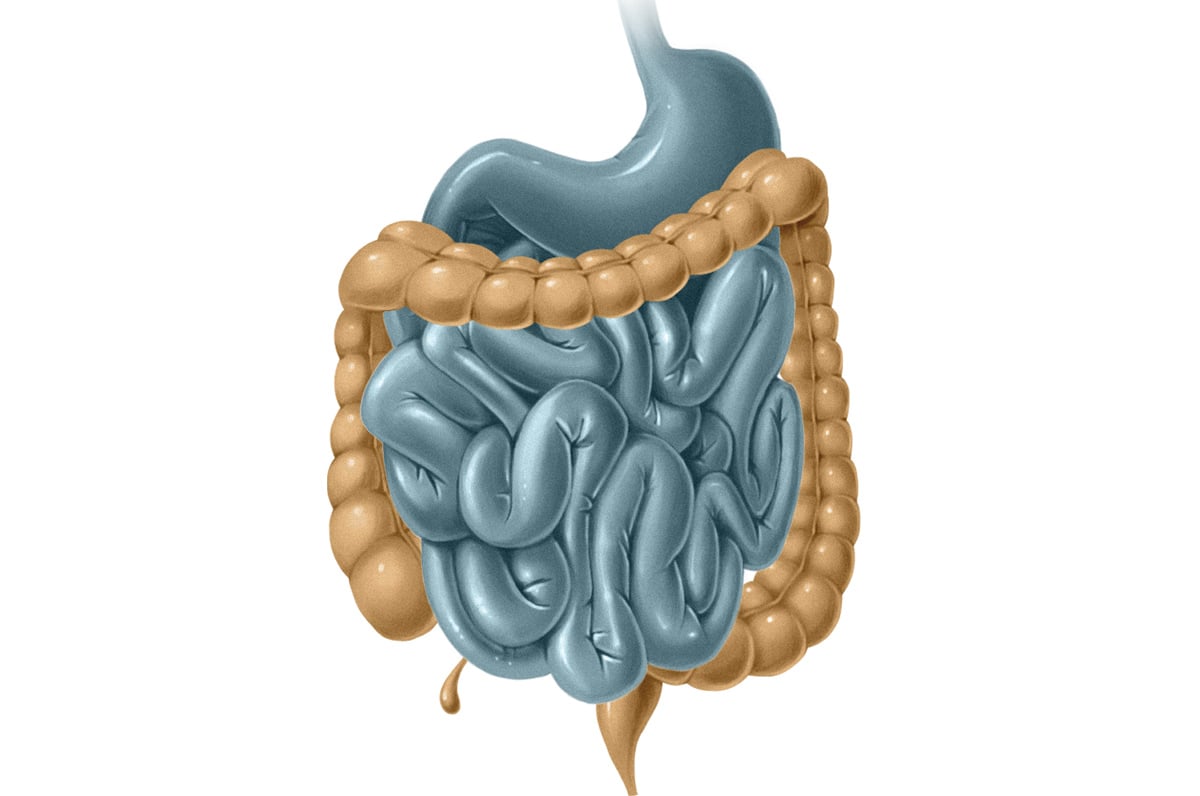Dairy isn’t right for everyone. If you don’t tolerate dairy for whatever reason (lactose intolerance, milk allergy, you hate the taste, Mercury is in the wrong house this week…), then by all means, don’t eat it and don’t worry about it. There are plenty of ways to get calcium, protein, and probiotic bacteria from dairy-free sources.
But if you do tolerate dairy, then it can make a perfectly nutritious addition to a Paleo diet. Paleo isn’t about playing caveman re-enaction and only eating foods that were literally around in the Paleolithic (in that case, basically everything available in a typical grocery store would be off the menu). It’s about finding foods that work well with your body in light of human evolutionary history, and some of us really have evolved to tolerate dairy well. Dairy is rich in healthy fats and micronutrients. It’s part of the food cultures of several very healthy traditional communities, and there's a decent nutritional case for eating it, if you like it and tolerate it.
Within the broader category of dairy foods, fermented dairy (like yogurt and kefir) has some interesting advantages. Lactic acid bacteria, the heavy lifters in the fermentation process, are pretty neat little critters and they actually do a lot of useful things. Check out 4 health benefits specific to fermented forms of dairy:
1. More Vitamins

Lactic acid bacteria produce B vitamins, raising the B vitamin content of fermented dairy foods. That's cool and all, but if you’re eating Paleo, you’ll more than likely be getting plenty of B vitamins from all your high-quality animal foods anyway. What’s really cool about fermented dairy is that it has more vitamin K2 than non-fermented dairy.
Vitamin K2 is necessary for good bone health and good heart health: it keeps calcium out of your arteries and packs it off to your bones instead.
All grass-fed dairy products have some vitamin K2, but fermented dairy products have more because the bacteria used in the fermentation process, especially proprionibacteria and lactic acid bacteria, create Vitamin K2.
There are a bunch of different subtypes (technically called isoforms) of vitamin K2, and the natural bacterial diversity in fermented dairy products produces a natural diversity in vitamin K2 content - basically a nice isoform variety pack.
2. More Healthy Fats

Another benefit of fermented dairy is its higher content of conjugated linoleic acid, or CLA. CLA is a type of fat with a bunch of health benefits. Most promisingly, it seems to be helpful for preventing weight gain. It's found in grass-fed meat and dairy (and to a much lesser extent in grain-fed, but grass-fed is really what you want).
CLA is formed from a fat called linoleic acid. This can happen in the stomach of the cow, which is why even completely non-fermented milk and cheese contains some CLA. But lactic acid bacteria can also convert linoleic acid to CLA.
That last study looked at the ability of lactic acid bacteria to convert pure linoleic acid, but other researchers have studied this in actual dairy products. For example, in this study, researchers took dahi (a type of Indian yogurt) and let it sit for 10 days either with lactic acid bacteria (L. acidophilus and L. casei) or without. At the end of the 10 days, the dahi with the bacteria had significantly higher levels of CLA.
If you want to optimize your CLA intake, pick high-fat fermented dairy foods.
3. Blood-Pressure-Lowering Peptides

Another reason to pick fermented dairy if you’re going to do dairy at all: bioactive peptides. The bacteria that ferment milk also break up the proteins in the milk, which releases fragments of those proteins called peptides. “Bioactive” just means that these peptides have some notable biological effect - in this case, reducing blood pressure.
These peptides inhibit an enzyme called Angiotensin-Converting Enzyme, or ACE. ACE narrows blood vessels, so by inhibiting ACE, the peptides in fermented dairy help the blood vessels relax, lowering blood pressure. ACE inhibitors are already being used as medications for hypertension; the peptides in fermented dairy are just the whole-foods version.
In this study and this one, eating fermented dairy as part of a normal diet reduced blood pressure in people with hypertension (high blood pressure).
4. Probiotic Bacteria With Proven Gut-Health Benefits

Lactic acid bacteria don’t just make cool things, like vitamins and CLA, that you can then get from eating fermented foods. They’re also good for you just on their own. Lactic acid bacteria are probiotics, bacteria that have health benefits while you eat them. They’re some of the very first bacteria that colonize the human gut in breastfed babies, but even more impressively, dairy fermented by lactic acid bacteria has been shown to improve irritable bowel syndrome, both the constipation and the diarrhea subtypes.
Fermented dairy improves gut health and reduces gut permeability in people with diarrhea-predominant IBS. Gut permeability, more commonly known as “leaky gut,” is a serious problem that you can read more about here.
Fermented dairy that contains lactic acid bacteria also improves constipation symptoms and health-related quality of life in people with the constipation-dominant form of IBS.
These are studies in actual humans eating actual fermented dairy foods - there’s a lot more about supplements specifically if you’re into that. But even the whole foods, in their non-purified, non-concentrated form, have real health benefits.
(It's worth repeating at this point that some people with IBS also have lactose intolerance: for those people, a lactose-free probiotic with lactic acid bacteria would likely be a better choice).
Summing it Up
As a gray area food, dairy is always going to be a little controversial in the Paleo world, and some people really do much better without any dairy at all. But if dairy sits well with you, there’s a pretty strong case for making at least some of your dairy foods fermented. The lactic acid bacteria in yogurt, kefir, and other fermented dairy foods increase the content of vitamins and healthy fats like conjugated linoleic acid, produce peptides that help manage blood pressure, and improve gut health. There’s a reason why so many traditional dairy-eating cultures go for the fermented version!





Leave a Reply